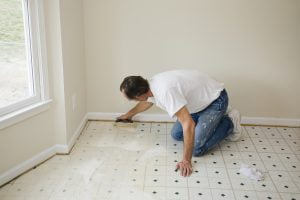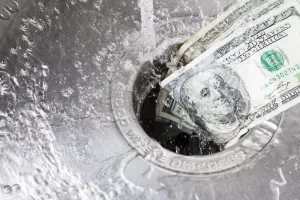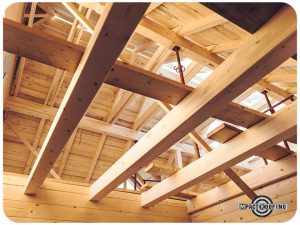How Home Insulation Add Real-Estate Value To A Property
Go Back To Previous PageWe’re all aware that home improvement projects can boost the value of your home. But does adding insulation to your home increase its worth when it comes time to sell? Reading this article will help you decide whether or not to insulate your property to increase its value in the future.
What is home insulation?
Home insulation is one of the most significant components of a home. Therefore, it can have a variety of beneficial effects on the performance and value of your property.
your property.
If you insulate your walls, you will not only be able to keep your home cooler during the summer and warmer during the winter. But you can make the interior of your home more pleasant.
Many home insulation materials, such as iFoam efficient home insulators, are currently available. Fiberglass insulation, created from recycled glass, is the most often used.
Other common board forms include cellulose, mineral wool, and foam board. Each variety has pros and cons, so choosing the best one for your situation is critical.
- Insulation made of fiberglass
Fiberglass insulation, for example, is one of the most cost-effective alternatives available while also providing excellent insulating properties.
However, if it is not maintained correctly, it might become dusty and malfunctioning.
- Insulation made of foam board
In contrast, foam board insulation is more expensive but provides excellent resistance to mold and mice. The final decision depends on a range of considerations, including the age and size of your home, the climate conditions, and the kind of construction.
Insulation provides many benefits and keeps your home at a suitable temperature.
It can also reduce the amount of noise that flows into and out of your home, resulting in improved soundproofing properties.
The best part is that once you’ve installed insulation in your walls, you’ll no longer need as much electricity to heat or cool them.
Therefore, this will result in significant savings on your energy costs. It can also improve indoor air quality, and Estes Services, an Atlanta HVAC company, can help you.
So, can insulating raise the value of your home when it comes time to sell? The answer is definitely yes!
Insulating your home can assist in making it more pleasant while increasing its energy efficiency and reducing noise levels in the environment. Additionally, adding insulation to your walls can help protect them against water damage and other types of deterioration.
The combination of these elements will assist in raising the value of your house. Therefore, this makes it more appealing to potential purchasers if you decide to sell. Overall, increasing the insulation in your home is an excellent strategy to increase the value of your home in the real estate market.
Apart from improving your comfort levels, reducing noise, and reducing energy costs, it can protect your walls against water damage. If you’re considering adding insulation to your home, speak with a professional contractor first.
Is this, however, genuinely true in practice? While there is no conclusive answer, the standard view is that insulation raises your property’s value.
In one study, the Appraisal Institute of Canada discovered that increasing the energy-efficient insulation in a home can enhance its value by up to 5 percent. This may not seem like a considerable amount, but it can make a significant difference when it comes time to sell your property.
Consequently, if you’re considering adding insulation to your home, don’t let the expense deter you — the benefits are well worth it. While waiting for a return on investment, you’ll benefit from better comfort levels, decreased energy bills, and improved soundproofing while living in your house.
Should you decide to insulate your home, here are some of the factors you’ll need to consider when choosing a type of insulation for your home:
- The age and square footage of your house. Home insulation is available in various materials and thicknesses, making selecting the one most suited to your home’s specific qualities vital.
- The weather conditions in the area. Different types of insulation are more appropriate for various applications in other climates. Homes in cooler regions, for example, benefit from fiberglass insulation. On the other hand, homes in warmer climates benefit from foam board insulation, among other things.
- The building was constructed. The kind of structure of your home will also influence the type of insulation most appropriate for it. In the case of a brick-walled home, you’ll need to utilize a different kind of insulation than you would if your home was constructed of wood or metal siding.
Knowing all of these considerations will assist you in making the best decision possible when installing absolute home insulation and will help guarantee that your project is a complete success. And, given all of the advantages of adding home insulation, it’s no surprise that many believe it will also raise the value of their home in the long run.


